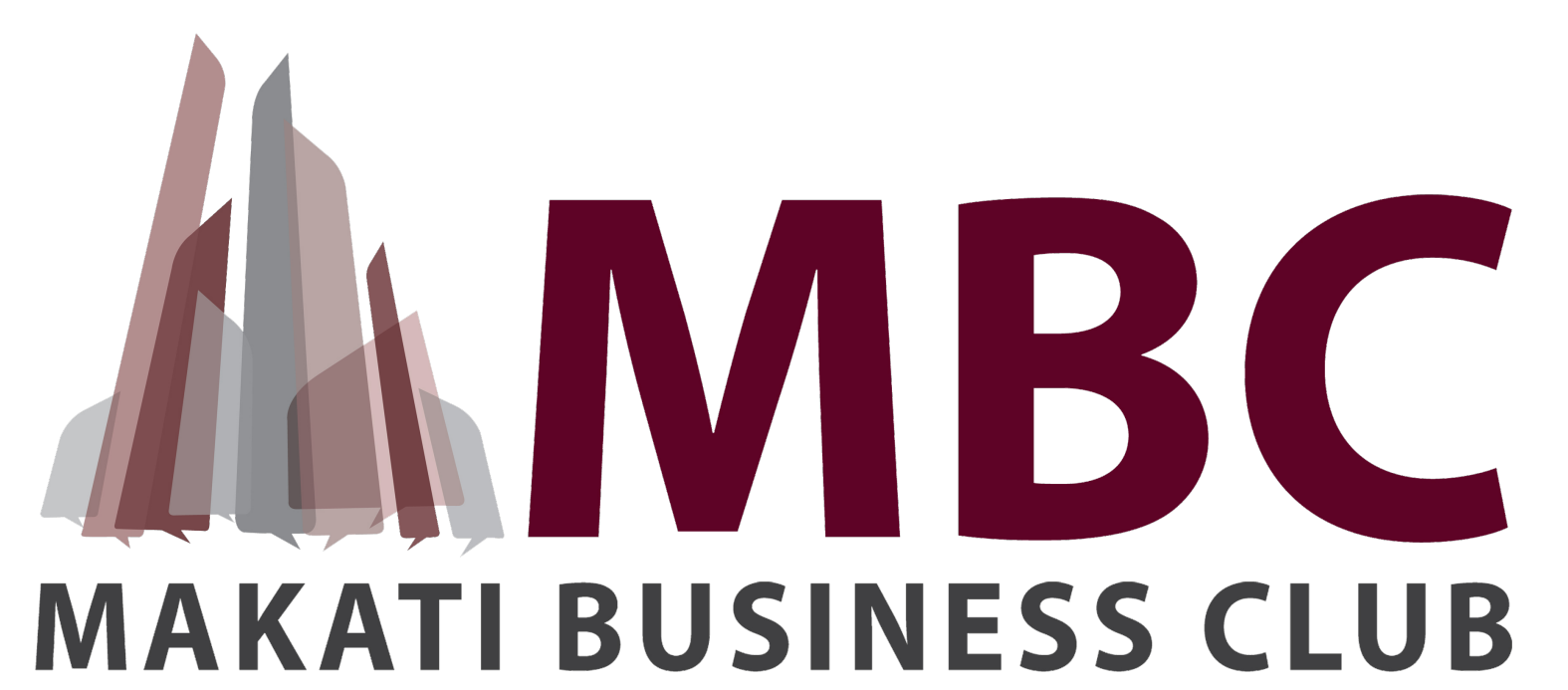22 DECEMBER 2016 – Often, the interaction between citizens and the government on public services is muddled with a wide array of processes, fees, and long lines. In the Philippines, public service delivery has been slow due to the added factor of bureaucratic red tape that makes processes more vulnerable to bribes and corruption.
Businesses are often forced to employ the logic of cost-benefit analysis when conducting transactions; when applying for permits and licenses, for example, many businesses now taken into account the cost of corruption and bureaucratic red tape. Aside from increasing transaction costs, red tape also undercuts the speed and flexibility in doing business.

The Makati Business Club is one of the biggest business groups in the Philippines, and is known to be a forum for constructive ideas. Its work includes policy research in various topics relevant to business, like open governance (it is a member of the OGP committee in the Philippines), good governance and anti-corruption, and sustainable development, among many others. It has also served as project incubator of several governance initiatives: the Integrity Initiative, for corporate governance and good business practices; Bantay.ph, for youth-based governance and citizenship; and Coalition Against Corruption, for business-led anti-corruption work.
In the hopes of addressing the issue around bureaucratic red tape and delays, Bantay.ph, a tech-based feedback and monitoring platform for business registration in Metro Manila, was incubated in the Makati Business Club in 2013. The incubation period of provided key insights on improving government service through open governance (citizen participation) and online connectivity:
A more extensive information dissemination campaign, not only regarding the Citizen’s Charter and provisions of the Anti-Red Tape Act – which are more common laws on transparency in government service delivery – but of business-related government services, will ensure that more citizens will be made aware of their basic rights to quality public service delivery.
Micro-, small-, and medium-sized enterprises (MSMEs), in particular, stand to gain much from improved service delivery.. From a study conducted in 2014, it was found that the number of SMEs in the Philippines grew by 66% – from 492,510 in 1995 to 816,759 in 2011. These small businesses are more vulnerable to the hidden costs of red tape and corruption, and are disproportionately affected by the burden of bureaucracy, as they are generally owned by the middle class and do not necessarily have the capital to absorb the high costs of starting a business, let alone pay bribes to speed processes up. Fostering entrepreneurship and facilitating the creation and expansion of businesses in the country would significantly increase opportunities for Filipinos to earn respectable income and contribute in the growth of country.
A research report on the results of the incubation can be found here.
Taking lessons from the successful incubation period, MBC now proposes a scaled up version of this initiative: The Ease of Doing Business Portal is a proposed public-private web platform that promotes the value of open governance through mandating the publication of data related to starting and operating a business in the Philippines. The portal aims to gather relevant business-related government services and publish them online for easier public access.
Key services that the portal aims to provide to businesses include: information on business registration – including fees, registration process (step and duration); business permit renewal; tax exemptions applicable to the type of business, and other tax-related information (filing, incentives, etc.).
To date, no government-run website consolidates all key information regarding business registration in the Philippines. While most government agencies have their own websites, there in no consolidated portal for all information relevant to setting up a business.
The development of this platform runs in line with the government’s commitment to cut red tape and make business-related government services more efficient and easier to access. It also aims to further promote transparency and accountability through publicly available consolidated data, and enable more efficient ways to access information, monitor government service, and give feedback to the government.
MBC plans to work with the government by closing the feedback loop in business-related government service; feedback data gathered through the platform will be forwarded to each relevant agency in-charge of the reported service. This citizen-based data will assist the government in its commitment to reduce the number of steps and procedures involved in the application of permits and licenses for business operations. It will help in identifying where bottlenecks lie, and what steps to take to implement reforms where needed.
Initially, MBC will create the e-portal with inputs from various business groups, and will oversee the maintenance of the system. It will also play the role of ombudsman, to check that reports filed are being studied and addressed by government counterparts. All the data collected through the portal will be accessible to both the private sector and government partners, to ensure that citizen-based feedback can be used by government to determine specific problems in frontline service delivery.
After an incubation period of three (3) years, MBC will turn over the portal management and maintenance to the Philippines Government. To ensure the optimal use of the platform, a public-private committee will be formed to periodically review the status of reports submitted, assess the state of business applications in the country, determine the usefulness of the portal, and to provide guidance in terms of achieving the purpose of the portal.
There is a great potential for this initiative to be replicated by other countries. In fact, the idea was born out of existing platforms used for other services or purposes, such as reporting a massive corruption incident (such as in Switzerland) or on a micro level such as Bantay.ph’s city hall performance feedback platform. Many, if not all, countries are annually measuring their Ease of Doing Business performance, and the success of this initiative, determined by the improvement of Philippines’ EODB performance ratings, would provide a compelling case for easy and effective replication.
by
